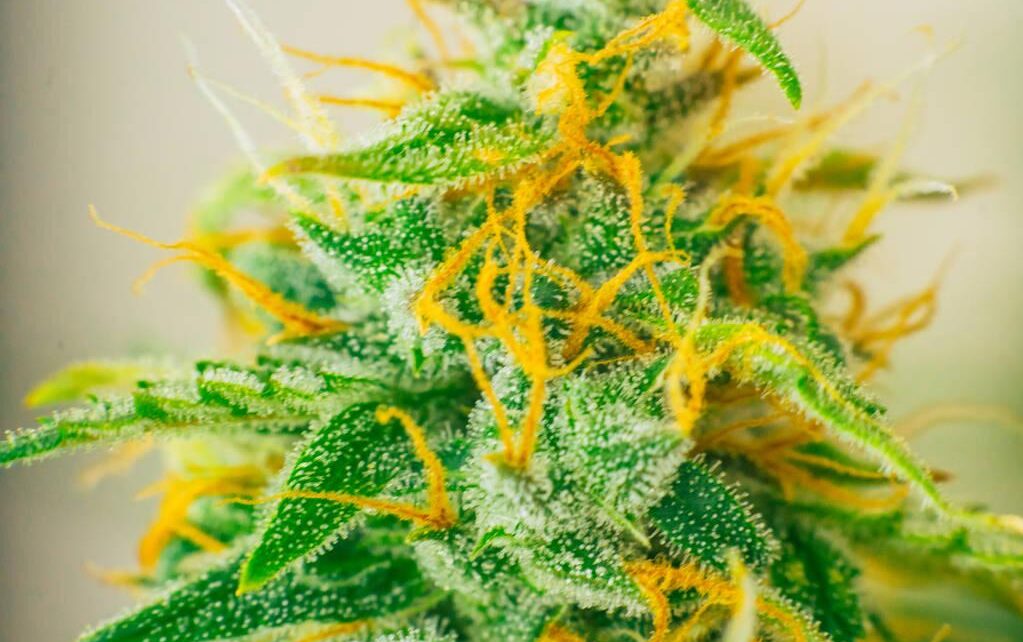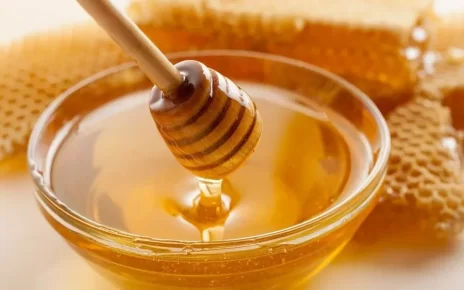The medical cannabis industry has made significant strides in the past few years, driven by deeper scientific understanding and noticeable increased public acceptance. One of the most intriguing developments in this space is the growing interest in THCA flower — the raw, unheated form of cannabis that contains Tetrahydrocannabinolic acid (THCA). While THC is widely known for its psychoactive effects, THCA is non-intoxicating in its natural state and shows remarkable therapeutic potential. As a result, the medical industry is starting to embrace THCA flower for its unique benefits and applications.
What Is THCA?
Before proceeding with the consideration of its uses in the field of medicine it is necessary to get acquainted with what THCA is. THCA is the inactive form of THC which is present in the raw or fresh plant material of cannabis. When cannabis is burned, for instance by smoking or vaporizing, or cooked, the THCA undergoes a chemical process known as decarboxylation to form THC, which is responsible for the intoxication that regular users of the drug desire.
As much as it is popular as THC, THCA, in its unheated state does not cause any psychoactive effects, and this appeals to the patients who wish to take advantage of cannabis medication without getting high. This has resulted in the THCA flower having medical relevance both in studies as well as practice amongst the patients – https://arborswellness.com/blog/what-is-thca-how-is-it-different-from-thc/.
1. Anti-Inflammatory Properties
Currently, inflammation is the main factor of many conditions such as arthritis, autoimmune diseases, and neurodegenerative diseases. THCA seems to possess some anti-inflammatory properties as evidenced from early studies and testimonials. THCA flower has slowly been considered as a medicine for the following ailments by doctors:
- Rheumatoid arthritis
- Lupus
- Multiple sclerosis
- Inflammatory bowel disease (IBD)
THCA flower does not affect cognition while decreasing inflammation; therefore, it can be a better approach to the use of anti-inflammatory drugs in the long-term treatment.
2. Neuroprotective Potential
Among the most studied aspects of THCA, the possibilities of its neuroprotective activity can be noted. Studies done in the past have pointed to the fact that THCA can help in the prevention of the death of brain cell and the slowing down of the development of neurological disorders such as:
- Parkinson’s disease
- Alzheimer’s disease
- Huntington’s disease
These conditions implant the slow and progressive dying of neurons, while THCA may be of great use in maintaining or even enhancing brain function due to its effect on minimizing oxidation and inflammation. However, there are only a small number of clinical trials under the realm of medicine to use THCA in neurodegenerative disease treatment.
3. Anti-Nausea and Appetite Stimulation
Chemotherapy and chronic diseases such as cancer or HIV/AIDS are well-known to put patients through various forms of discomfort including nausea, vomiting, and lack of appetite. Though there is THC to treat such signs, THCA might be effective as THC without leading to the psychoactive effects.
In some cases, patients may prefer a non-intoxicating alternative, especially when taking other medications that affect cognitive function. Doctors are now considering raw THCA flower extracts or juicing raw cannabis as a supportive therapy for patients dealing with:
- Cancer treatments
- HIV/AIDS
- Eating disorders
- Chronic gastrointestinal issues
4. Pain Management Without a High
Joint pain is a medical condition that is common in the population; it is managed through opioids that are hazardous in the long run. THCA flower is now being looked at as a non-psychotic pain relief which many people have indicated medical cannabis as a safer substance.
THCA’s painkiller is attributed to its anti-inflammatory properties and regulatory influence on the endocannabinoid system, which can be useful in the following:
- Fibromyalgia
- Neuropathy
- Back pain
- Migraines
THC causes deleterious effects on the motor skills and cognition while THCA is not known to cause any such adverse effects and thus can be useful during the day. Read this article about how THCA is used to manage pain.
5. Raw Consumption for Daily Wellness
Apart from the medicinal ailments that THCA flower treats, it has become a part of preventive medicine and health and fitness regimens. PractoNZ soft may recommend raw cannabis juicing to practicing medical practitioners, naturopathy, and wellness coaches. This method enables patients to consume cannabinoids and terpenes in their raw form and it helps in the following ways:
- Reduced inflammation
- Cellular detoxification
- Immune support
- General homeostasis (balance in the body)
Thus, the use of raw THCA flower can be integrated into a patient’s daily lifestyle the same way people use vitamins or supplements without contracting any psychoactive effects
6. Topical and Transdermal Applications
THCA is also being considered for use in other therapeutic forms such as creams, patches and balms. Some of the conditions that can be treated using THCA when administered on the skin include the following:
- Psoriasis
- Eczema
- Joint pain
- Muscle soreness
These topical applications provide means through which patients seek relief from inflammation and pain caused by inflammation right at the affected part of their body devoid of the side effects that come with the consumption of THCA. Check MrHempFlower for additional information THCA flower.
Final Thoughts
While the medical industry is still catching up to the full capabilities of THCA flower, early research and patient experiences suggest it could be a game-changer in cannabis-based medicine. With non-intoxicating relief, a wide range of applications, and minimal side effects, THCA flower is carving out a space of its own in the medical cannabis market.
As more clinical studies are conducted and medical professionals become familiar with its potential, THCA flower is more likely to become an integral part of holistic treatment plans for a variety of mild and chronic conditions. Whether used in raw form, tinctures, topicals, or simply as part of a daily wellness regime, THCA offers a promising path forward for patients seeking natural, effective medical relief without the high.





